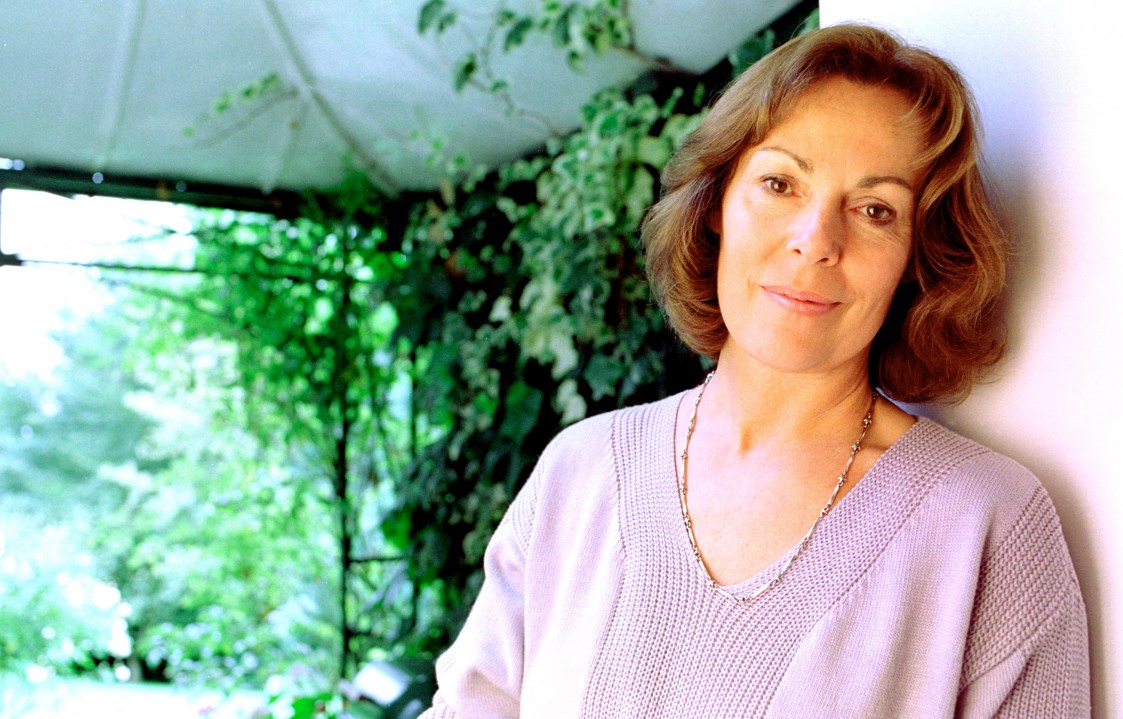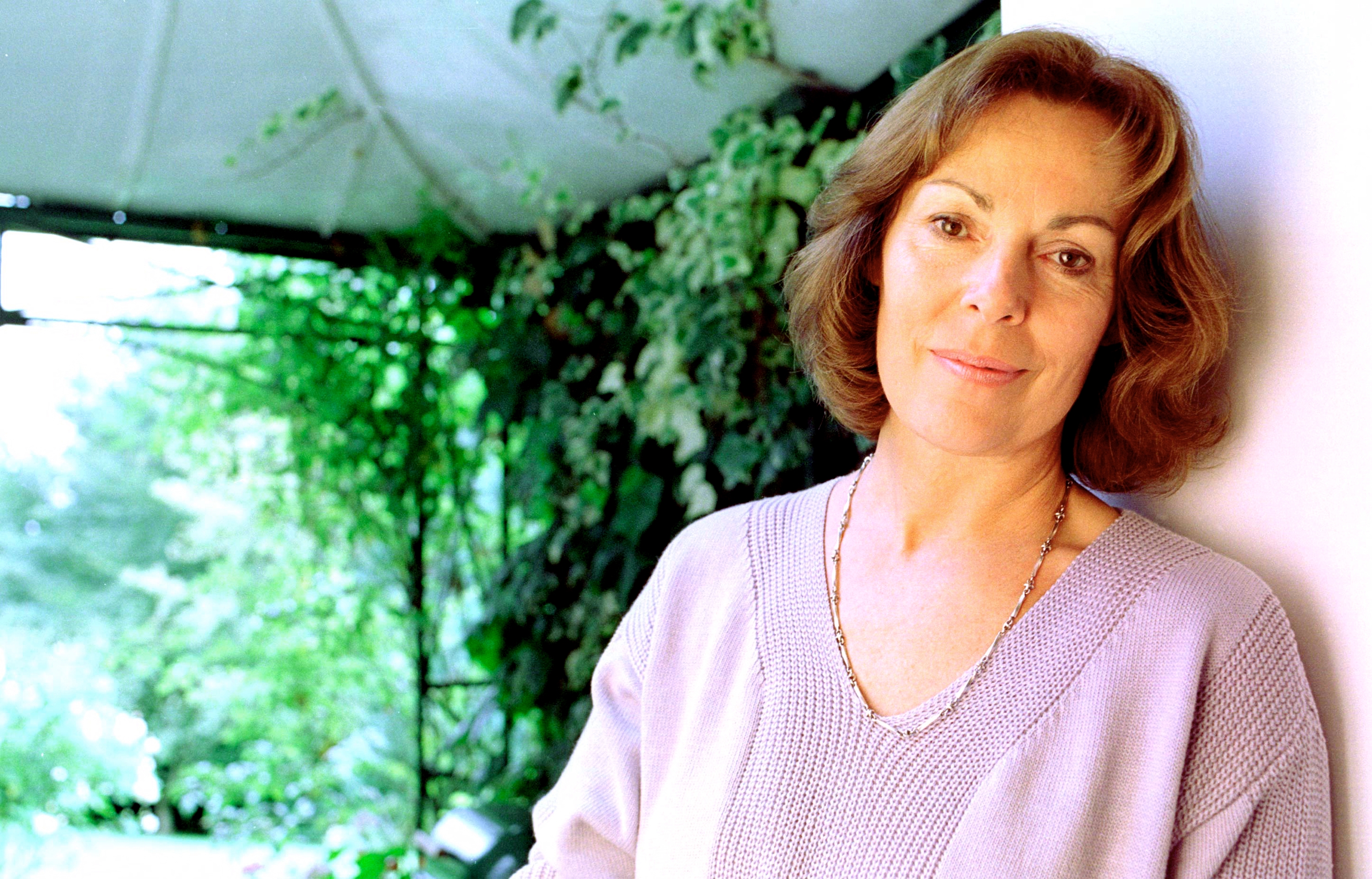1991, the Harbourfront Literary Festival in Toronto. The novelist Rose Tremain and the South African writer Carolyn Slaughter are enjoying a lobster thermidor and Chablis lunch. Hearing about Slaughter’s abuse at the hands of her father, Tremain finds herself telling her lunch companion about ‘something I never normally discussed with anyone: the lack of love I’d had from my mother and father, and my emotional dependency on Nan’ (a beloved nanny). Slaughter — who is training to be a psychiatrist — responds that ‘any human life, if the childhood is devoid of adult love, will almost certainly be a troubled one’, but reassures Tremain that Nan almost certainly saved her from such a fate. ‘She was your angel,’ Slaughter says. Tremain ends the lunch in tears.
This epiphany offers a rare — and arrestingly intimate — glimpse of the grown-up Tremain in what is essentially a memoir of childhood. Yet the anecdote feels both pungent and necessary here; indeed it might easily have inspired the whole book.
And what a book it is. So much more alert and open and alive than so many slightly disappointing memoirs by otherwise great writers, with their plodding lists of relatives and schools and terraced homes and who had lunch or sex with whom. Much of Tremain’s canvas is heartsinkingly familiar — anyone with neglectful or absent parents will identify — but somehow the young Rosie Thomson never quite relinquishes either hope or joy. Perhaps that’s the nascent writer in the woman who would eventually become Rose Tremain. Again and again, she finds ‘wonder’ in the emotional and actual landscape around her, as she waits, sometimes with an almost excruciating trust and patience, to ‘find my place in the world’.
Still, Slaughter’s diagnosis was largely accurate. With a more or less absent father (Keith Thomson was a playwright who ‘as many writers do… used his work as an excuse not to join in many family things’), a coldly, sometimes shockingly competitive mother and chilly grandparents who never recovered from the loss of two favourite sons, Rosie and her equally imaginative sister Jo enjoyed determinedly happy times, in spite rather than because of, the self-absorbed adults around them.
And Tremain describes it all — the euphoric, the bleak and the occasionally horrific — with an infectious relish. The extravagant Christmases and summer holidays at their grandparents’ huge Hampshire house, the shooting parties, the rowdy boy cousins who ‘brought fun and daring to paradise’, even the kindly servant who brought glasses of squash up to the children’s treehouse on a silver salver. And of course, there’s trouble in paradise, too. Witnessing the death of their grandfather’s beloved spaniel ‘torn to shreds before our eyes’ by the combine harvester, the sisters never ride on it again. Equally unforgettable are the miserable tennis sessions played on a ‘wrecked tennis court, its asphalt blackened and torn apart by weeds’, almost aggressively left to moulder by the grandparents because their dead sons had once played there.
Meanwhile, the adults around Rosie and Jo are entering a ‘period of sexual madness’, the first symptom of which is their father running off with his young secretary. His wife’s response to being abandoned is typically, brutally solipsistic: she packs both young girls off to boarding school, thus separating them from the only steady presence in their lives, their beloved Nan. It leaves her free, however, to hook up with, and eventually marry, their father’s cousin — a development which leaves both girls far more distraught than the loss of their father.
The new stepfather is well-meaning, but as Rosie moves into teenagehood, the knocks and slights from her mother continue, culminating with her dispatch to a Swiss finishing school at the very moment that, encouraged by a perceptive English teacher, she was nurturing hopes of sitting Oxbridge Entrance.
Tremain’s attempts to understand this woman, who’d had ‘no schooling in love’ and who constantly sought to undermine her, are exactly what makes this book so intriguing and moving. Sent away to boarding school herself at six, and ‘so often perched on an abyss of anger with her girls’, Tremain’s mother emerges as a complex, if troubled — and deeply troubling — personality. ‘Her greatest human weakness,’ Tremain astutely remarks, ‘was to care a lot about the way people looked, but to be too emotionally and intellectually lazy to understand what they felt.’ The opposite of a novelist, then.
Rosie’s final rebellion against her mother comes late and, rather tantalisingly, is only sketchily referred to in the afterword. Is Tremain planning a sequel? If so, I’m ready to pre-order. Rosie is a work of self-discovery in the best possible sense of the word — it pulls you in, unsettles, comforts and exhilarates and, finally, makes you see your own life anew. It is also, with all of the risk-taking, fluidity and nuance that such a thing implies, the work of a novelist who is fully alert to her own powers.







Comments